Divorce is never easy, but when parents decide to go their separate ways they are typically faced with an additional set of factors that must be resolved before their case can be finalized. One such factor is child support, which aims to ensure the child continues to have the same standard of life they had before the split. If you have been ordered to pay child support, understanding the potential tax implications of this payment is critical. Please continue reading to learn more about these matters and why connecting with our determined Edison Child Support Lawyers is in your best interest.
How is Child Support Calculated in NJ?
First, child support is money paid by the non-custodial parent to help the custodial parent with the costs associated with raising a child. It is intended to cover basic living expenses like food, clothing, shelter, health care, etc. These payments are made for the financial benefit of a child following a separation or divorce.
New Jersey uses the “Income Shares Model” when determining child support payments. This model states that the child(ren) should receive the same proportion of parental income that they would have received if their parents lived together. New Jersey courts believe children should not be affected by the financial decisions of their parents.
The court will use the Child Support Schedule in the guidelines to determine the basic child support amount based on a percentage of their total combined income and the number of children. Essentially, the parents’ resources are pooled to arrive at a fair amount of support.
Can I Write Off My Child Support Payments?
It is important to understand that child support payments are not taxable for the parent who receives them, nor are they tax-deductible for the parent who pays them in New Jersey. Essentially this means that the parent who receives child support payments doesn’t have to report it as income on their tax return, and the parent who pays child support cannot write them off as a tax deduction on their return. The Internal Revenue Service (IRS) classifies child support payments as a form of financial support for the child, rather than income for the parent. This ensures that all the necessary funds go to the child.
Many couples wonder who gets to claim the children as dependents on their taxes after a divorce. Parents cannot share or split up tax benefits for their children on their respective tax returns. Only one party can claim the tax benefits. Generally, the custodial parent can claim a qualifying child as a dependent on their return. The custodial parent is the party whom the child has lived with for the greater number of nights during the year. If the child lived with each parent for an equal number of nights during the year, the custodial parent is the party with the higher adjusted gross income. It is important to note that if the non-custodial parent is late on payments, any owed funds, known as arrears, can be garnished from your tax return and given to the recipient’s spouse.
As you can see, child support is very nuanced. If you are facing a child support issue of any kind, please don’t hesitate to contact an experienced Middlesex County divorce lawyer from Arndt & Sutak, LLC, for legal guidance. Connect with our firm today so we can get started working on your case.




